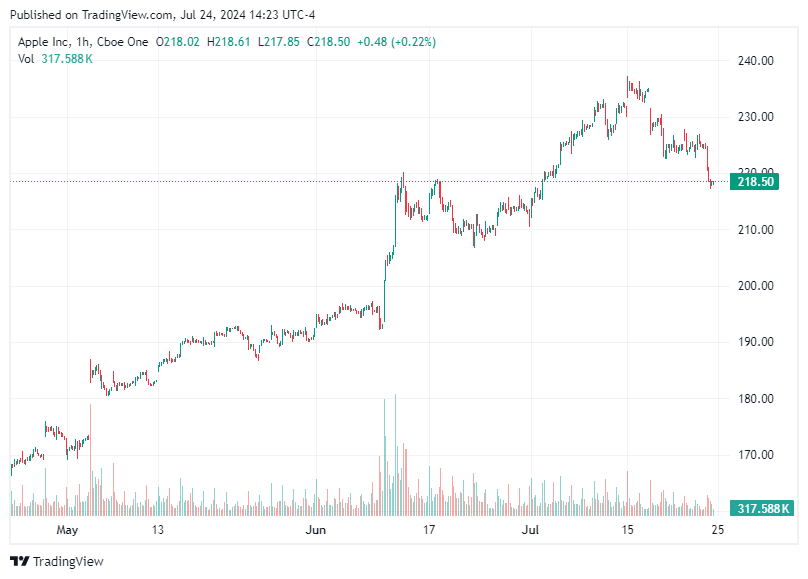Apple Faces New Antitrust Probe In Spain Over App Store
Apple Faces Antitrust Probe in Spain Over App Store Practices.

The tech giant Apple is once again under the antitrust spotlight as Spain's National Commission on Markets and Competition (CNMC) has launched an investigation into its App Store practices. This move follows a wave of similar scrutiny faced by Apple in other regions, including the European Union and the United States. The focus of the probe revolves around allegations suggesting that Apple enforces unfair conditions on app developers, potentially stifling competition and hindering innovation within the app ecosystem.
The CNMC's investigation stems from concerns that Apple may be engaging in anti-competitive practices by imposing unjust trading conditions on developers who utilize the App Store to distribute their applications to iOS users. While specific details regarding the investigation remain limited, the CNMC has highlighted the possibility of Apple breaching competition rules, which could result in substantial penalties for the tech giant. If found guilty, Apple could face fines of up to 10% of its global annual turnover, amounting to billions of euros.
The investigation is anticipated to span up to 18 months, during which the CNMC will delve deeper into Apple's practices and assess the impact on the competitive landscape of the app market. Developer grievances regarding Apple's App Store operations have been a recurring issue, with concerns ranging from the level of fees charged for in-app transactions to the company's handling of app review processes and governance policies. Developers have raised objections about perceived arbitrary decision-making by Apple, claiming unfair treatment in certain instances.
Apple's Response and Industry Impact
Apple has maintained that it upholds transparent and consistent guidelines for iOS developers to ensure a secure and high-quality experience for users of the App Store. The company contends that a portion of app store revenues, exceeding 90%, is directed to developers without any commission deductions. In response to the CNMC's investigation, Apple spokesperson Emma Wilson emphasized the company's commitment to collaborating with the Spanish Competition Authority to address and clarify the concerns raised.
The ongoing antitrust scrutiny faced by Apple in Europe reveals the broader regulatory challenges encountered by major tech companies in the digital marketplace. Recent enforcement actions by European antitrust authorities have targeted various aspects of Apple's business practices, indicating a growing trend of regulatory intervention in the tech industry. Notable instances include a substantial EU antitrust fine imposed on Apple for anti-steering practices related to music streaming apps, as well as mandated changes to enable third-party access to contactless payments on iOS devices.
The European Commission's investigation into Apple's compliance with the Digital Markets Act (DMA) further amplifies the regulatory pressure on the company. The DMA, designed to promote competition and fairness in digital markets, poses consequences for non-compliance, including hefty financial penalties based on global turnover percentages. Apple's adherence to DMA requirements, particularly concerning anti-steering rules and additional fees imposed on developers, remains a focal point of regulatory scrutiny.
Future Implications and Industry Dynamics
As Apple navigates through multiple antitrust investigations and regulatory mandates, the landscape of digital competition and market dynamics continues to evolve. The increasing regulatory oversight on tech giants like Apple signifies a shift towards enforcing stricter competition rules and safeguarding fair practices within the digital ecosystem. With the potential for more stringent controls and regulatory actions on the horizon, the tech industry faces a period of heightened scrutiny and accountability in fostering a competitive and equitable marketplace for developers and consumers alike.
Disclaimer: The information presented in this article is based on publicly available sources and does not constitute legal advice or endorsement of specific viewpoints. For official updates and detailed insights on the subject matter, readers are encouraged to refer to authoritative sources and regulatory announcements.
Real-time information is available daily at https://stockregion.net


